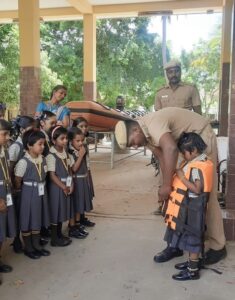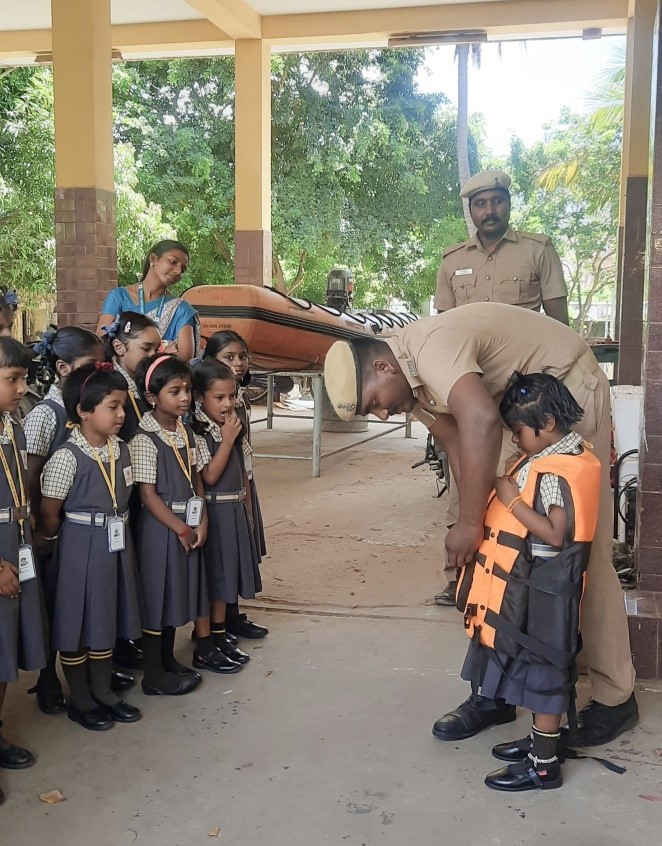
Field Trips and Their Importance in a Well-Rounded Education
Children who experience holistic development during their school years grow up to become global citizens. As important as it is to learn Math and English, it is equally necessary that kids in school get a proper education in the arts and are taken on field trips. Giving equal weightage to both indoor as well as outdoor activities is what will make children well prepared for what lies outside in the real world. Unfortunately, most schools tend to treat field trips as a novelty rather than a necessity. Let us tell you why field trips should be given due importance and how it contributes to a well-rounded education.
1. Interactive learning
It is so much easier to understand what a cow is when you see it in front of you and are able to touch it as opposed to reading about a cow in a book. Field trips ascribe to the former thought process. Field trips allow students to interact with what they are learning. The experience goes beyond reading a concept in a textbook as children are able to participate in it physically.
2. Access to different environments
Field trips allow students direct access to tools and environments that they otherwise wouldn’t have contact within the four walls of their school. Students can be taken to see historical artefacts or even an underwater ecosystem at an aquarium on field trips. Each experience solidifies learning and supports key academic theories. They begin to see that what they learn in the classroom can help them solve real world problems and this shapes them as people.

3. Social interaction
Leaving the classroom for a field trip places students in a different social environment. They get to meet a new set of adults and possibly interact with other children during the course of the field trip. These new interactions give them a vital lesson on how to behave in different settings. What a field trip also does is foster a sense of teamwork and community among the students as they experience a new environment together.
4. Socio-economic growth
To put it simply, students who go on field trips tend to become more empathetic and tolerant as compared to those who don’t. Going on a field trip enhances their critical thinking skills and gives students a chance to think about a topic or theme from a different perspective. Several children don’t get to experience the typical field trip locations with their families. A school trip gives students the chance to experience new venues.
5. Erases classroom boredom
It is common knowledge that children are easily distracted and bored. School field trips build in children a different level of excitement and fun. It gives them something to look forward to. In essence, field trips erase the boredom that is associated with classroom lectures. What’s more, it awakens in students an interest to learn and get new learning information, no matter how boring the subject is in theory.
While organizing a field trip with so many children definitely comes with its fair share of trials and tribulations, the benefits far outweigh the logistical difficulties. Field trips can bring one dimensional lessons to life and create interest for a subject, something that is hard to duplicate through classroom lectures!
Conclusion:
At Athena, each student goes on a field visit twice a year. It is a great success because the field visit enhances the students with experiential learning
Author; Mrs. Mehala, Preprimary Coordinator, Athena Global School, Chidambaram.



